Haryana Switch to Hindi
Mukhya Mantri Tirth Yatra Scheme
Why in News?
Haryana Chief Minister Nayab Singh Saini announced that the Haryana government is facilitating pilgrims to visit Ayodhya and other sacred sites through the Mukhya Mantri Tirth Yatra scheme.
Key Points
- Under the scheme, members of families with annual income less than ₹1.80 lakh who are more than 60 years of age are taken for pilgrimages to Ayodhya, Varanasi, and other holy sites.
- According to the CM, the state government has taken several steps to boost religious tourism in the State.
- Kurukshetra is becoming a center for religious tourism, attracting visitors from across the country and internationally.
- There are endeavors to explore the tourism opportunities in other locations as well.
Varanasi
- Varanasi is in southeastern Uttar Pradesh state. It is located on the left bank of the Ganges (Ganga) River and is one of the seven sacred cities of Hinduism.
- It is one of the oldest continuously inhabited cities in the world. Its early history is that of the first Aryan settlement in the middle Ganges valley.
- Varanasi was the capital of the kingdom of Kashi during the time of the Buddha (6th century BCE), who gave his first sermon nearby at Sarnath.
- The city remained a centre of religious, educational, and artistic activities as attested by the celebrated Chinese Buddhist pilgrim Xuanzang, who visited it in about 635 CE.
- Varanasi subsequently declined during three centuries of Muslim occupation, beginning in 1194.
- Varanasi became an independent kingdom in the 18th century, and under subsequent British rule it remained a commercial and religious centre.
- In 1910, the British made Varanasi a new Indian state, with Ramnagar (on the opposite bank) as headquarters but with no jurisdiction over the city of Varanasi.
- In 1947, after Indian independence, the Varanasi state became part of the state of Uttar Pradesh.

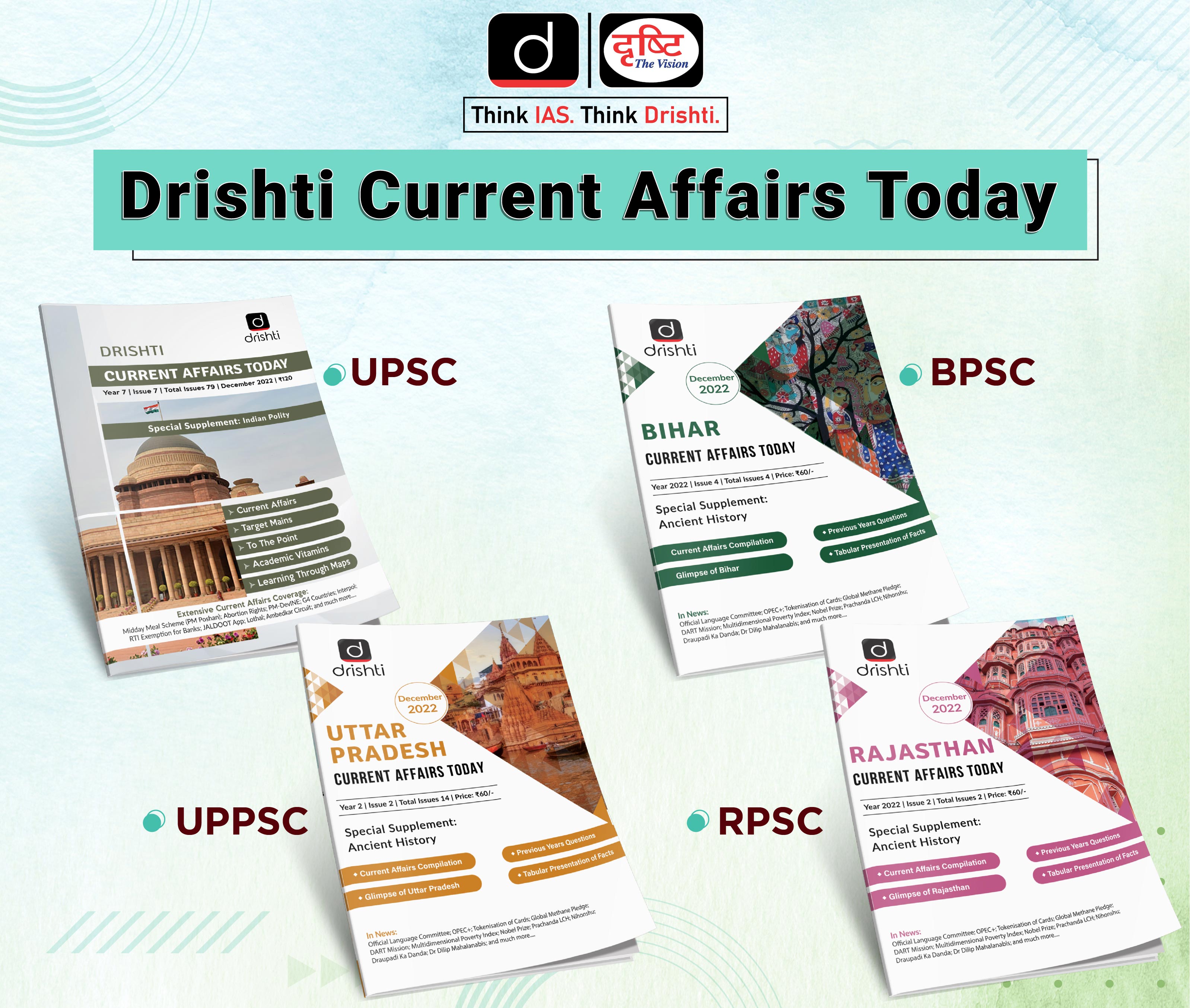
Haryana Switch to Hindi
SC Upholds HC Order to Grant Extra Marks to State Domiciles
Why in News?
Recently, The Supreme Court upheld the high court ruling to cancel the Haryana government's decision to award 5% extra marks to state residents for specific job recruitments based on "socio-economic" factors, deeming it an unjustified action.
Key Points
- The Haryana Staff Selection Commission's plea to challenge a Punjab and Haryana High Court decision overturning a state notification providing extra marks to Haryana residents during the Common Entrance Test of 2023 (CET 2023) has been denied by a bench. The court ordered for new exams to be carried out.
- Under this "socio-economic" criteria, the Haryana government provided extra importance to residents of Haryana on fulfillment of certain conditions.
- These conditions included having no family members as permanent government employees and a total annual family income from all sources below Rs 1.8 lakh.
Domicile Reservation
- On one hand the Art 16(2) of the Constitution says, “No citizen shall, on grounds only of religion, race, caste, sex, descent, place of birth, residence or any of them, be ineligible for, or discriminated against in respect of, any employment or office under the State.”
- On the other hand the clause 4 of the same article says that nothing in this article shall prevent the State from making any provision for the reservation of appointments or posts in favour of any backward class of citizens which, in the opinion of the State, is not adequately represented in the services under the State.
- But these provisions are applicable in government jobs.
- Art 19(1)(g) provides all citizens the right to practice any profession, or to carry on any occupation, trade or business.
- Thus imposing such limitations by State Governments infringe upon an individual's constitutional right to engage in their chosen profession, trade, or business, as stated in Article 19(1)(g).
- Furthermore, the High Court in its decision stated that “The concept of constitutional morality has been openly violated by introducing a secondary status to a set of citizens not belonging to the state of Haryana and curtailing their fundamental rights to earn their livelihood.”
- The Andhra Pradesh High Court observed that the Andhra Pradesh’s Bill for providing reservation on the basis of domicile, passed in 2019, “may be unconstitutional”, but it is yet to hear the case on merits.




.png)



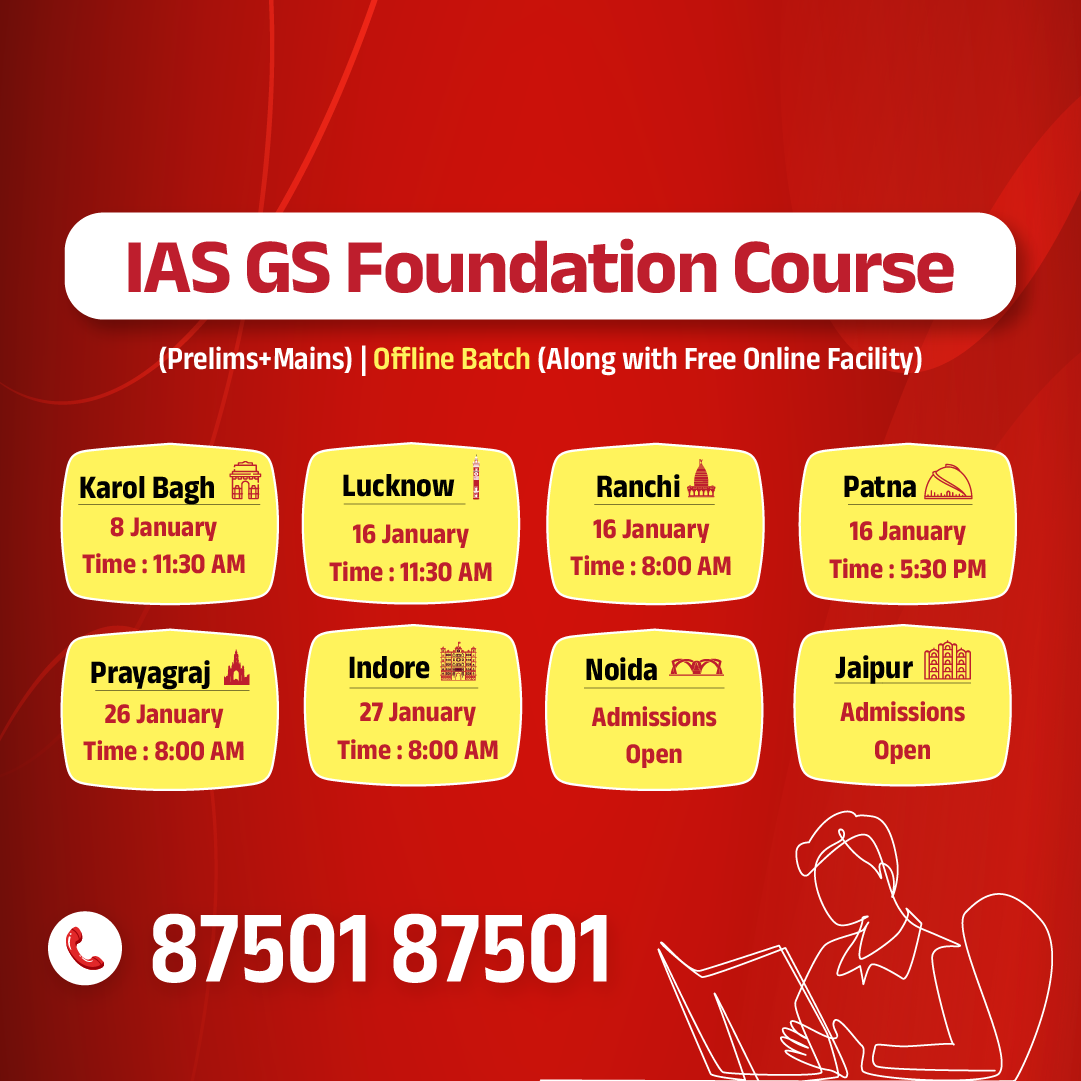
.jpg)
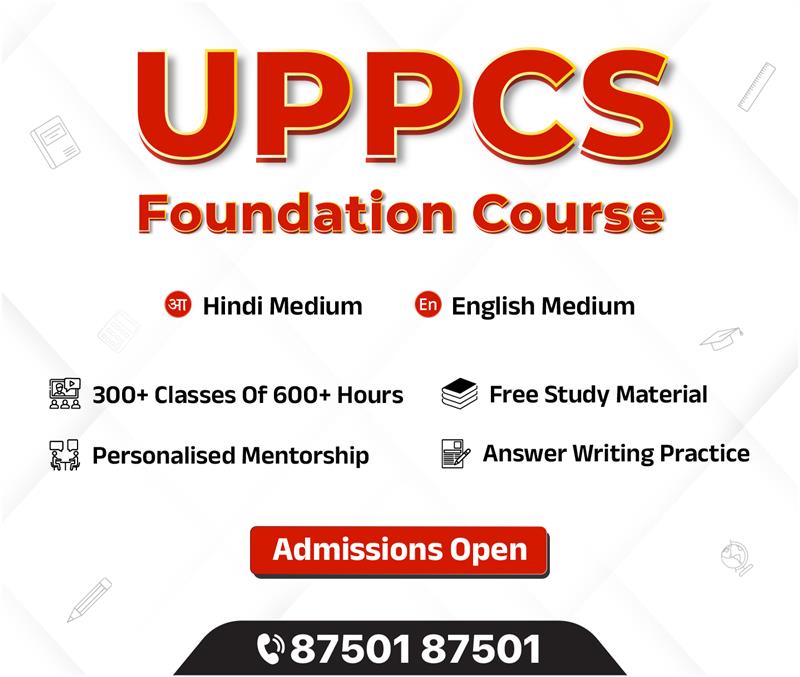



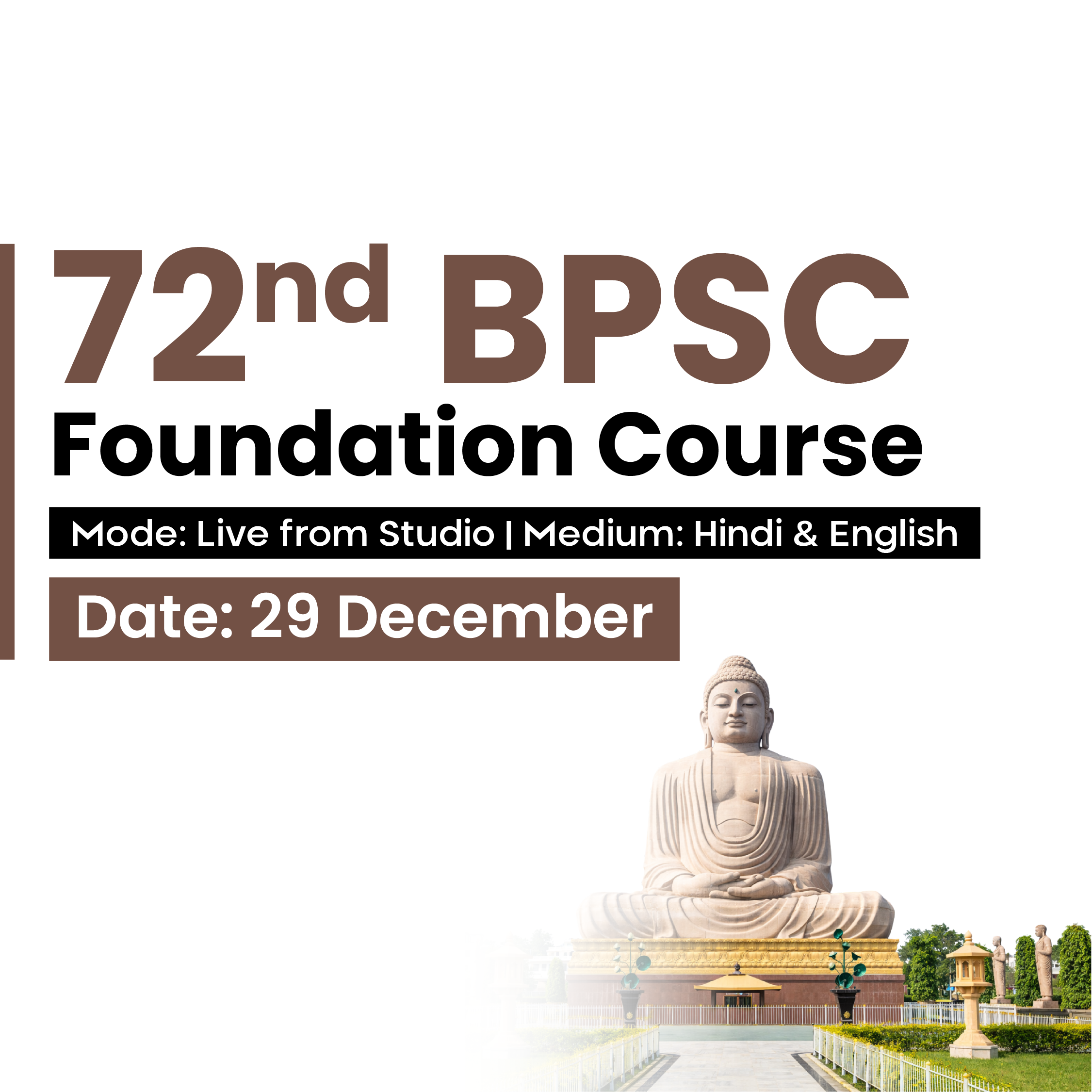

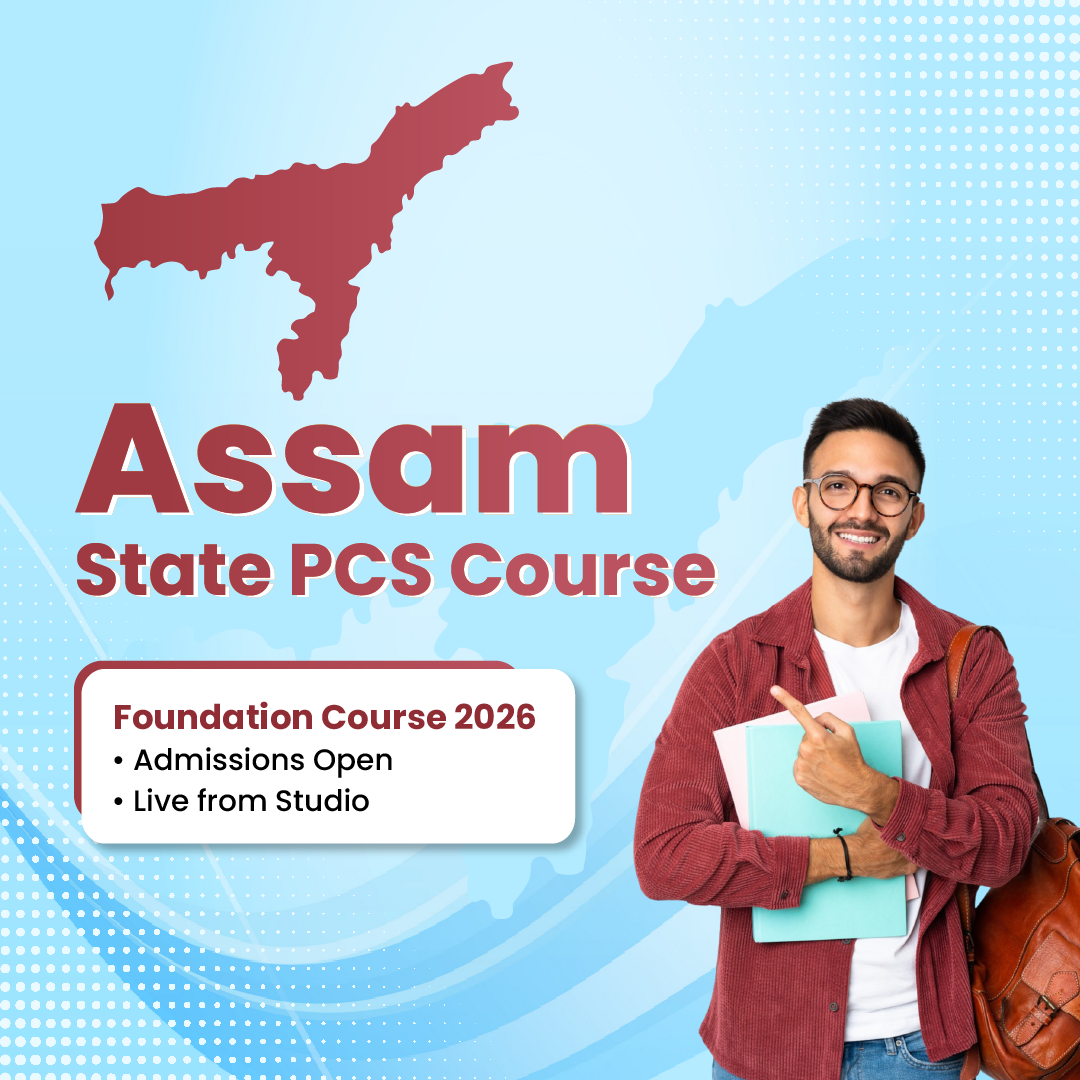

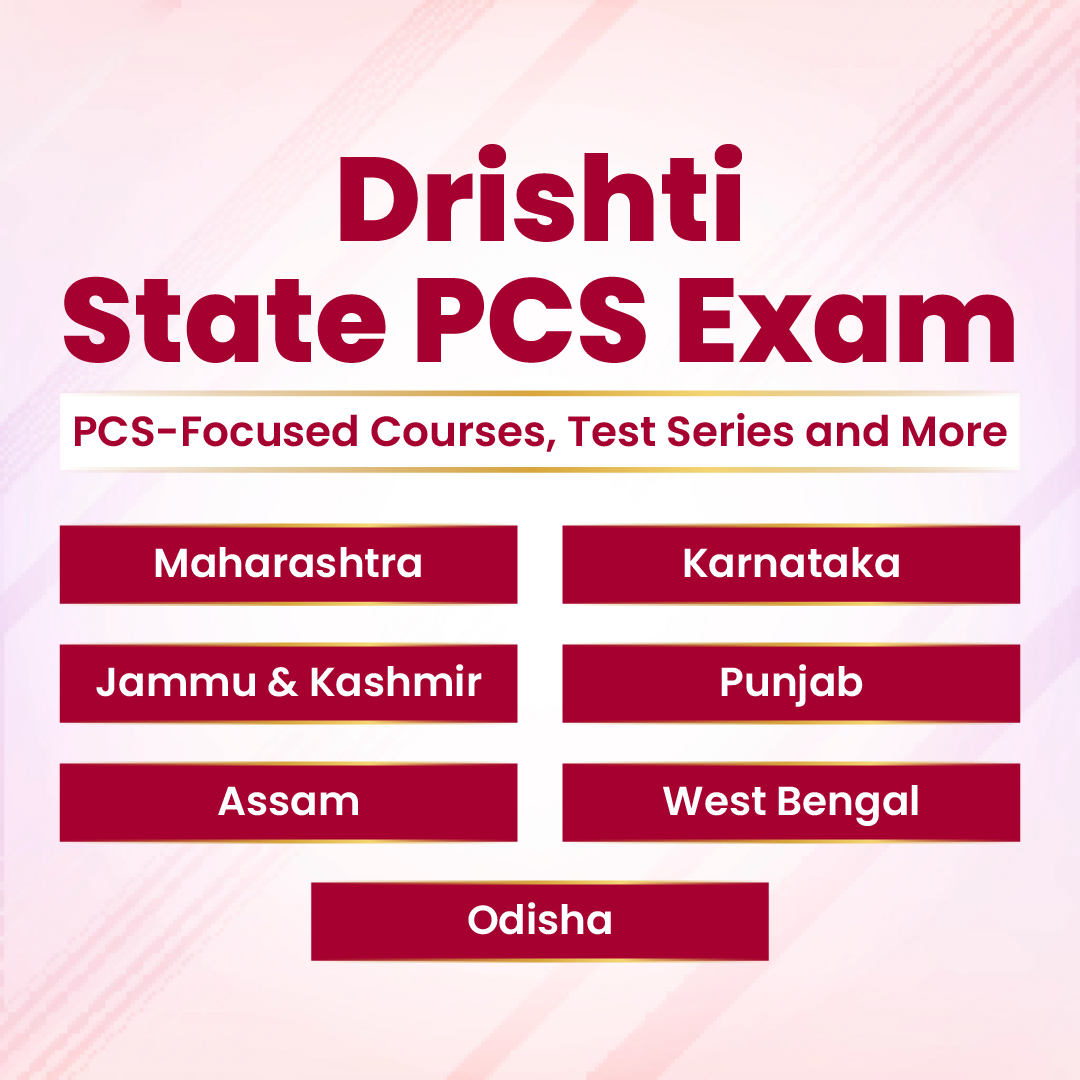





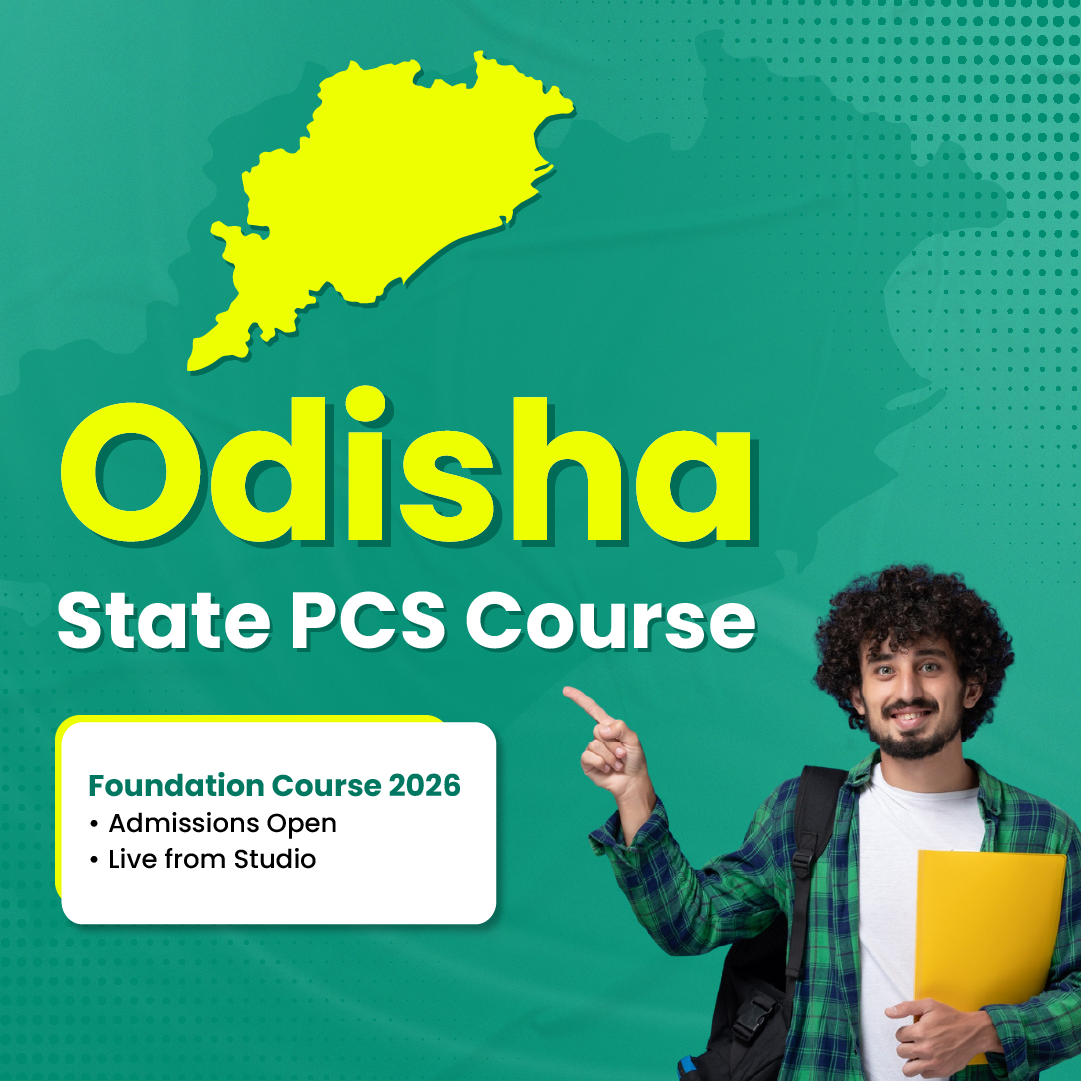



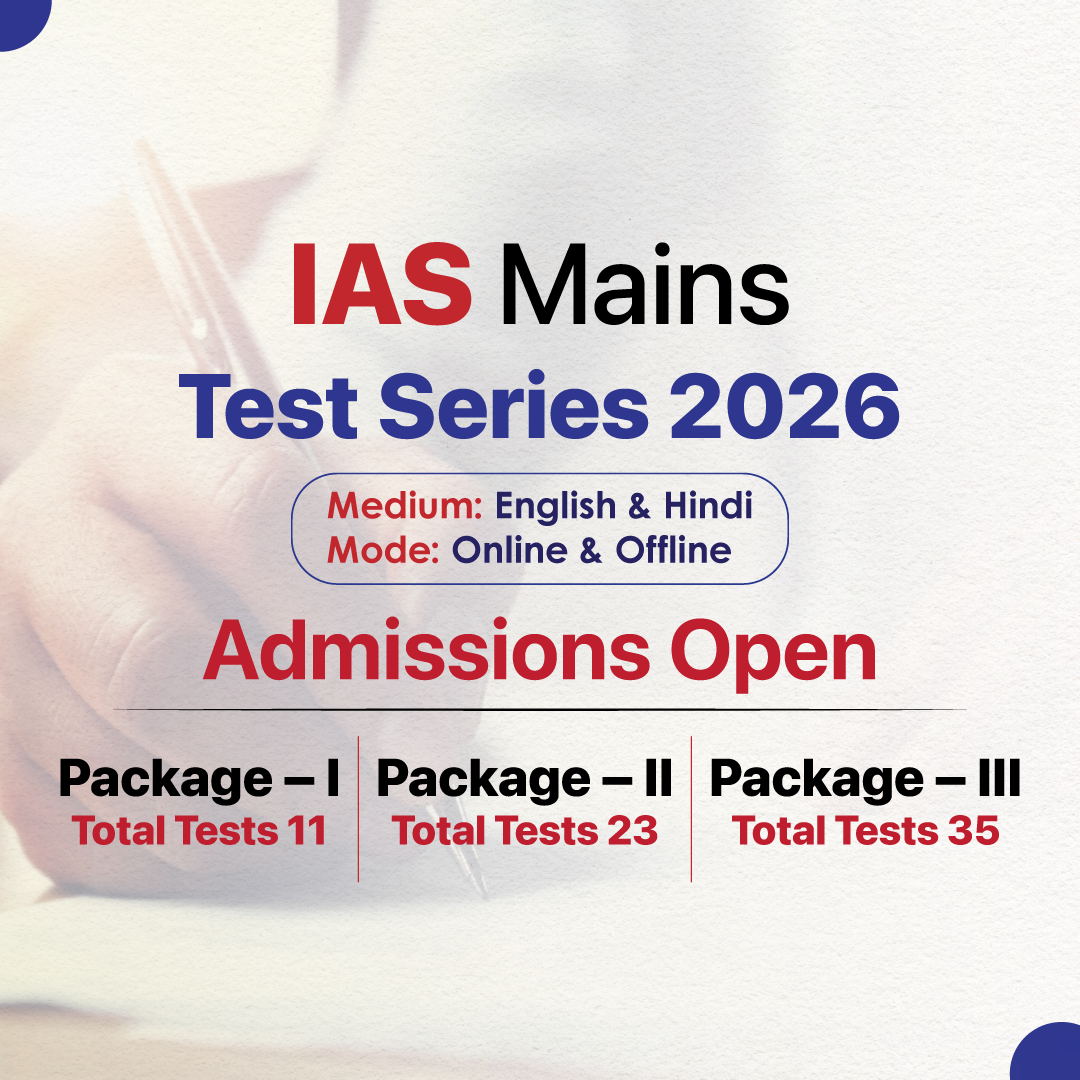

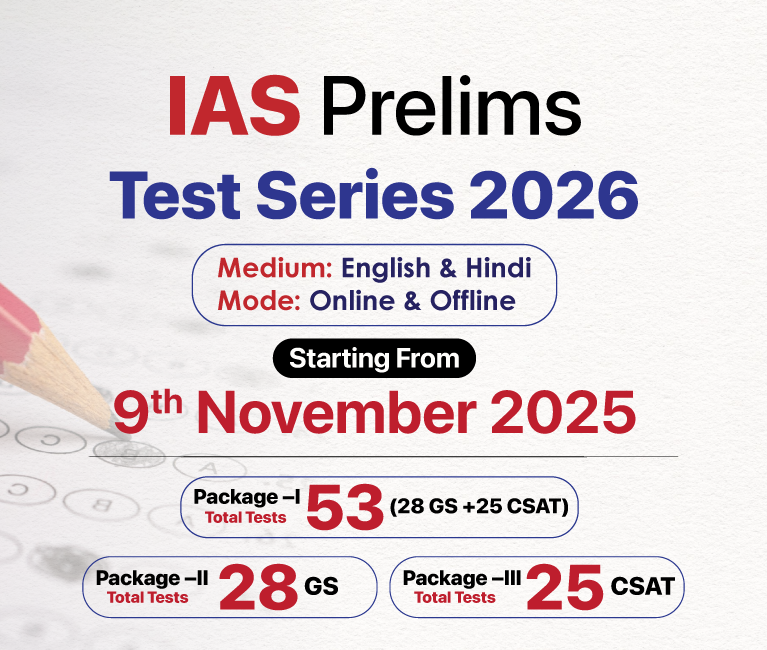


.png)
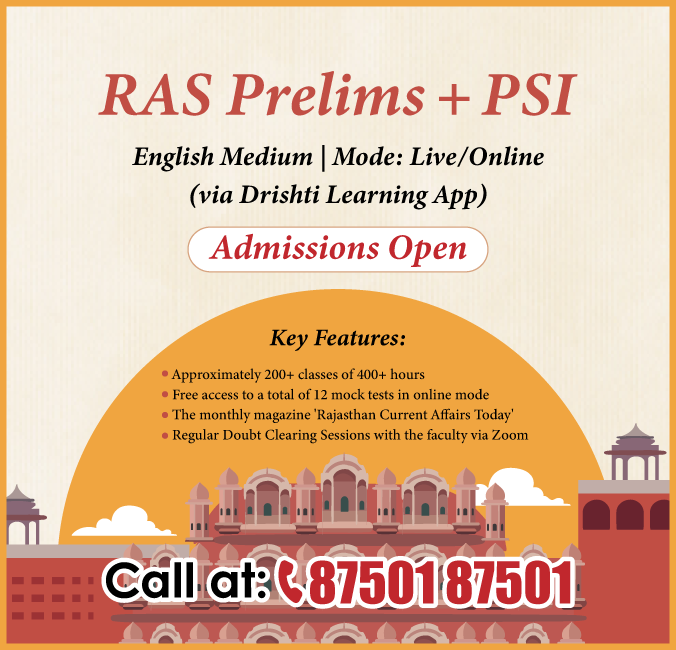

.jpg)

 PCS Parikshan
PCS Parikshan

